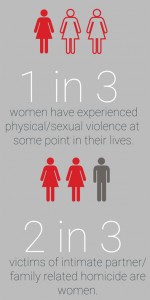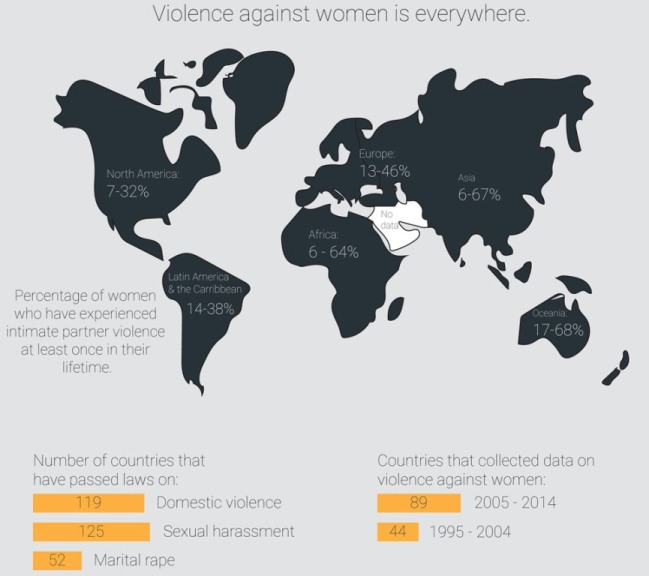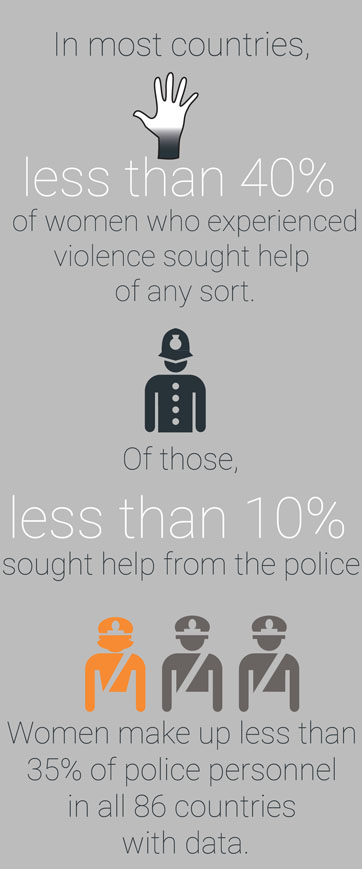India got Independence on 15th August, 1947 after 190 years of British rule. 69 years later when the country is celebrating faster economic growth and is aiming to make a prominent place on the global map, about half the population is still struggling to find an equal say.
Born in Bangalore, Sunitha Krishnan had always been passionate about serving the society. At the age of eight she was teaching dance to mentally challenged children. By 12 years of age, with support of her parents, she was running schools in slum areas to educate the underprivileged.
In 1987, while working on a literacy campaign for Dalit community, Krishnan’s life took an unexpected turn when she was gang-raped by eight men. She was merely 15 years old then. But her incredible strength and will, helped her formulate a way to express her anguish and turn it into assertive efforts for the betterment of commercial sex workers and their children.
Through her organisation Prajwala, Krishnan works persistently for protective rehabilitation of women and children rescued from commercial sexual exploitation. She also consults and works with government to create policies which are victim-friendly through political, legal and media advocacy.

Cases of rapes have been on a rise in India. According to National Crime Records Bureau (NCRB), in 2010, reported rape cases were 22,172; the figure rose to 36,735 cases in 2014. The increasing numbers tell the dreadful story of lasting scars on the minds of victims.
A notable global outcry followed the infamous rape case of ‘Nirbhaya’ in Delhi, demanding protection of women and strict actions against the offenders. But recent cases of gruesome crimes against women have not stopped shocking the nation.
Prominent political leaders have been found pronouncing absurd statements that outrage the modesty of women. Many of them are also accused of molestation, rapes and other major crimes against women. Most of accuse walk free due to the social system in the country. Women are often discouraged from filing cases against the culprits. They are also ostracised thus creating a weak case against the accused.
Crime against women has seen an upward growth from around two lakh cases reported in the year 2010 to three lakh plus cases reported in the year 2014.
The female population has faced discrimination for a long time, sometimes even before they are born. Practices of female infanticide and female foeticide are still prevalent in India.
According to Census 2011, the sex ratio demands urgent attention. India has only 943 females for every 1000 males on an average. The state of Haryana has the poorest sex ratio with only 879 females per 1000 males; Daman and Diu is placed at the bottom in the list of union territories with merely 618 females.
Historically females have been considered inferior and an economic burden on the family due to patriarchal mindset. Although a lot has changed over time, a school of thought still believes that the female population cannot be equal to the men in the society.
As many as 592 instances of infanticide and female foeticide were officially reported between 2009 and 2011. It is often seen that women are forced to undergo this procedure mostly pressurised by their families. Many such cases go unreported due to corruption and loopholes in the system.
Domestic violence and dowry are other offences that women are commonly found to be victims of in India. About 1,22,877 cases of cruelty against women by her husband or relatives and 8,455 dowry related deaths were reported separately as per National Crime Records in 2014 across India.
In 2014, as many as 309 acid attacks were reported in the country. Considering the number of rising acid attacks, the Supreme Court in 2013, banned over-the-counter sale of acid at retail outlets.

 Crime against women is a global phenomenon. However, according to United Nations, only less than 40% of victims seek help of any sort. Most women preferred to confide and report about this problem to their family or friends and a very minute percentage seek help of police and health services. The figures say that only 10% of all the women seeking help globally contacted the police.
Crime against women is a global phenomenon. However, according to United Nations, only less than 40% of victims seek help of any sort. Most women preferred to confide and report about this problem to their family or friends and a very minute percentage seek help of police and health services. The figures say that only 10% of all the women seeking help globally contacted the police.
To protect the interest of women, the government has time and again come out with different initiatives. A mandate to have at least one women director in a company’s board was incorporated in the Companies Act 2013.
Various entities including government, NGOs and corporate firms are working to bring about the desired change. Many corporate social responsibility (CSR) initiatives aim to develop the status of women and bring it to socio-economic par as that of men. But issues of selective gender abortion, trafficking, rapes and domestic violence among others prove that there is a need that society changes the way it perceives women.
Efforts to increase awareness for protecting women and get higher conviction for offenders have not been effective. Judicial system needs to transform and address this situation.
Reservations for women in various fields are signs that we as a society have failed to recognise around half the population to be equal.
The women of India are yet to attain their Independence even after 69 years of the national freedom. It is time for the change to come from within.
(Infographics: UNStats)
Thank you for reading the story until the very end. We appreciate the time you have given us. In addition, your thoughts and inputs will genuinely make a difference to us. Please do drop in a line and help us do better.
Regards,
The CSR Journal Team

